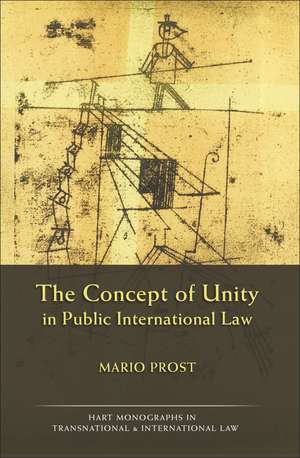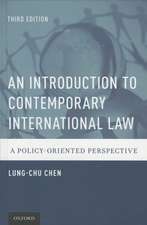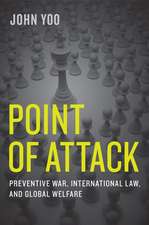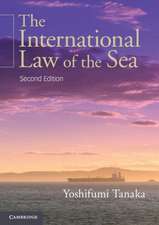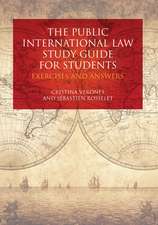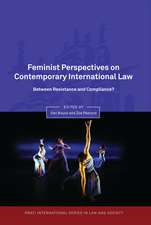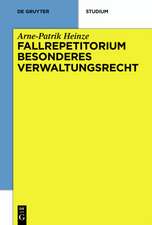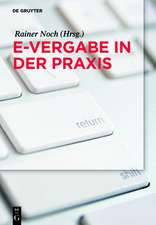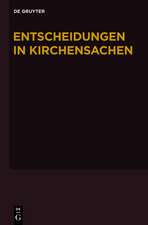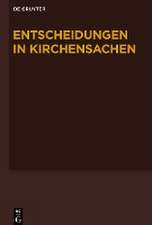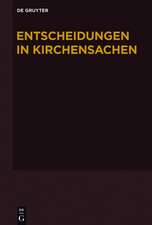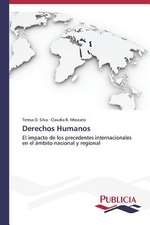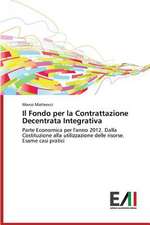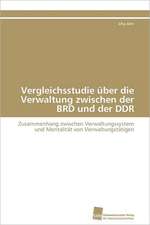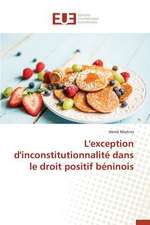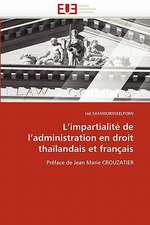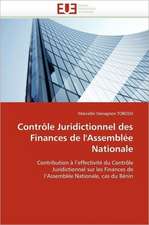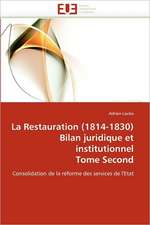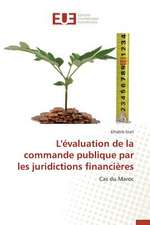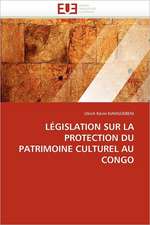The Concept of Unity in Public International Law: Hart Monographs in Transnational and International Law
Autor Mario Prosten Limba Engleză Hardback – 14 mar 2012
Din seria Hart Monographs in Transnational and International Law
-
 Preț: 320.53 lei
Preț: 320.53 lei - 27%
 Preț: 380.94 lei
Preț: 380.94 lei - 30%
 Preț: 568.40 lei
Preț: 568.40 lei - 22%
 Preț: 233.46 lei
Preț: 233.46 lei - 27%
 Preț: 377.30 lei
Preț: 377.30 lei - 18%
 Preț: 317.05 lei
Preț: 317.05 lei - 30%
 Preț: 541.20 lei
Preț: 541.20 lei - 21%
 Preț: 262.09 lei
Preț: 262.09 lei - 30%
 Preț: 602.92 lei
Preț: 602.92 lei - 16%
 Preț: 1077.89 lei
Preț: 1077.89 lei - 30%
 Preț: 777.47 lei
Preț: 777.47 lei - 30%
 Preț: 540.31 lei
Preț: 540.31 lei - 30%
 Preț: 543.00 lei
Preț: 543.00 lei - 22%
 Preț: 270.67 lei
Preț: 270.67 lei - 18%
 Preț: 299.86 lei
Preț: 299.86 lei
Preț: 568.80 lei
Preț vechi: 815.94 lei
-30% Nou
Puncte Express: 853
Preț estimativ în valută:
108.84€ • 113.93$ • 90.59£
108.84€ • 113.93$ • 90.59£
Carte tipărită la comandă
Livrare economică 31 martie-14 aprilie
Preluare comenzi: 021 569.72.76
Specificații
ISBN-13: 9781849460439
ISBN-10: 1849460434
Pagini: 226
Dimensiuni: 156 x 234 x 14 mm
Greutate: 0.5 kg
Ediția:New.
Editura: Bloomsbury Publishing
Colecția Hart Publishing
Seria Hart Monographs in Transnational and International Law
Locul publicării:London, United Kingdom
ISBN-10: 1849460434
Pagini: 226
Dimensiuni: 156 x 234 x 14 mm
Greutate: 0.5 kg
Ediția:New.
Editura: Bloomsbury Publishing
Colecția Hart Publishing
Seria Hart Monographs in Transnational and International Law
Locul publicării:London, United Kingdom
Caracteristici
This book explores the various possible meanings of the concept of unity in international law.Rather than proposing one grand theory of unity the author identifies and compares five candidate conceptions of unity in international law and seeks to show that unity is a fundamentally contested concept and that discourses on fragmentation are therefore necessarily contingent.The thesis on which the book is based won the 2009 Prize for best doctoral thesis from the Association des professeurs de droit du Québec.
Notă biografică
Mario Prost is a Law Lecturer at Keele University.
Cuprins
1 Introduction I. The roots of a postmodern anxiety II. From too little to too much law: mapping the fragmentation debate III. Towards an exploratory philosophy of unity IV. Outline of the book V. Some caveats and clarifications 2 Of Unity, Perspective and Perception: An Ontological Preamble I. From the simple to the complex: elementary unity and unity by composition II. In flesh and ideas: unity as interpretation III. Multi-causational unity IV. Unity and the laws of perspective V. Intermediate conclusions: unity, choice and ruse3 Unity, Unification, Universality: A Terminological Disambiguation I. Unity and unificationII. Unity and universality III. Intermediate conclusions - complexity on the global marketplace of law: the MOX Plant Dispute 4 Material Unity I. The 'no conflict' theory of unity II. The definition of 'norm conflict' in theory and practice III. Intermediate conclusions 5 Formal Unity I. Three conceptions of the legal order II. Taking Hart seriously: secondary rules, determinacy and acceptance III. Issues of determinacy: questioning the sources of international law IV. Issues of acceptance: the International Islamic Court of Justice and the Shari'a as the ultimate rule of recognition V. Intermediate conclusions 6 Cultural Unity I. International law as an intellectual and professional discipline II. The concept of legal culture III. The unity of international law as a cultural system IV. Intermediate conclusions: the invisible hand of legal culture 7 Logical Unity I. Epistemo-logical unity: Ah! In the hypothesis! II. Axio-logical unity III. Intermediate conclusions: the hesitant fettering of the thousand necks 8 General Conclusion: Unitas Multiplex I. Changing lenses: Tadic revisited II. Territorial battles and merchants of unity
Recenzii
The Concept of Unity in Public International Law is an important book for those who are interested in fragmentation theory and international legal theory in general. It challenges traditional international legal epistemology from within and outside the legal perspectives and opens up new research paths. In doing so, it ties together huge amounts of recent and classical literature without losing its main research focus.
Descriere
Unity is presented as the theoretical opposite of fragmentation in international law scholarship, but its meaning remains vague and intuitive. This book attempts to dispel that vagueness by exploring the various possible meanings of the concept of unity in international law.
